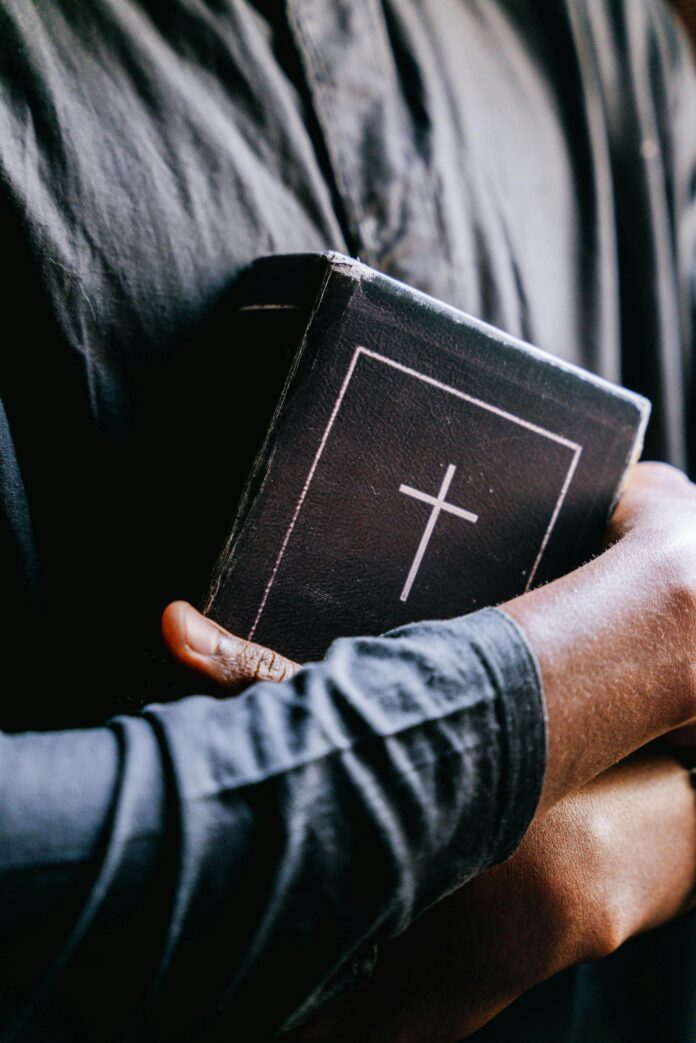By Paul A. Bauer, Jr.
America was founded on the belief that moral conviction and civic responsibility go hand in hand. People of faith—pastors, ministers, rabbis, and lay leaders alike—have long shaped our communities through service, education, and compassion. But when a pastor or faith leader decides to campaign for elected office, it raises a question as old as democracy itself: Should those called to spiritual leadership also seek political authority?
The answer is not simple, but it is deeply important. A person of faith should not be disqualified from leadership simply because they hold strong religious convictions. Our Constitution guarantees freedom of religion, not freedom from religion. People of faith are citizens, taxpayers, and neighbors—each with the same right, and perhaps even the same duty, to serve their community in public office.
When Faith Strengthens Leadership
A pastor or faith-driven candidate brings more than sermons; they bring compassion, moral grounding, and a servant’s heart. These are qualities sorely missing in politics today. Their leadership is guided not by polls or profit, but by principles—truth, integrity, and justice. When a faith leader enters public service humbly, without exploiting their pulpit or congregation, they can elevate the tone of debate and restore trust in institutions. “The measure of a leader is not how much power they hold, but how much truth they stand for.”
From local assemblies to the U.S. Congress, our nation has been blessed by men and women whose faith gave them courage to challenge corruption and defend freedom. Faith-based leadership can unite rather than divide, if rooted in service rather than self-interest.
When Politics Can Harm the Ministry
Yet there are also real risks. A pastor’s spiritual mission—to shepherd all souls—can clash with the divisive nature of political life. Campaigning often demands partisanship, while ministry calls for compassion without condition. Once a pastor becomes a political candidate, the congregation may split along party lines, eroding unity within the church.
There is also the danger of public perception: using faith as a political tool can diminish both the sanctity of religion and the integrity of governance. For this reason, any pastor who runs for office must draw clear lines—stepping aside from active ministry, ensuring no church
funds or property are used for campaigning, and maintaining humility and transparency in all dealings.
The Balance of Calling and Citizenship
Ultimately, whether a pastor should run for office depends on the individual’s calling and capacity. If their motivation is to serve and to stand for truth, not for ambition or vanity, their candidacy can be a moral force for good. But if their entrance into politics blurs the line between gospel and government, the cost may be too high.
In every generation, faith and freedom must coexist—not as rivals, but as partners in the American experiment. The challenge for people of faith is not to dominate the political world, but to redeem it through example, humility, and unwavering integrity.
Closing Thought
Politics needs more truth-tellers, not fewer. It needs leaders who see public service as a sacred duty, not a career ladder. If pastors or faith-driven citizens can enter that arena with clean hands and courageous hearts, they should. But they must always remember: their first allegiance is not to a party, but to the truth that made them who they are.
Paul A. Bauer Jr. is the Founder of Protec Public Integrity Strategies, a U.S. Army Veteran and UAA Alum.
